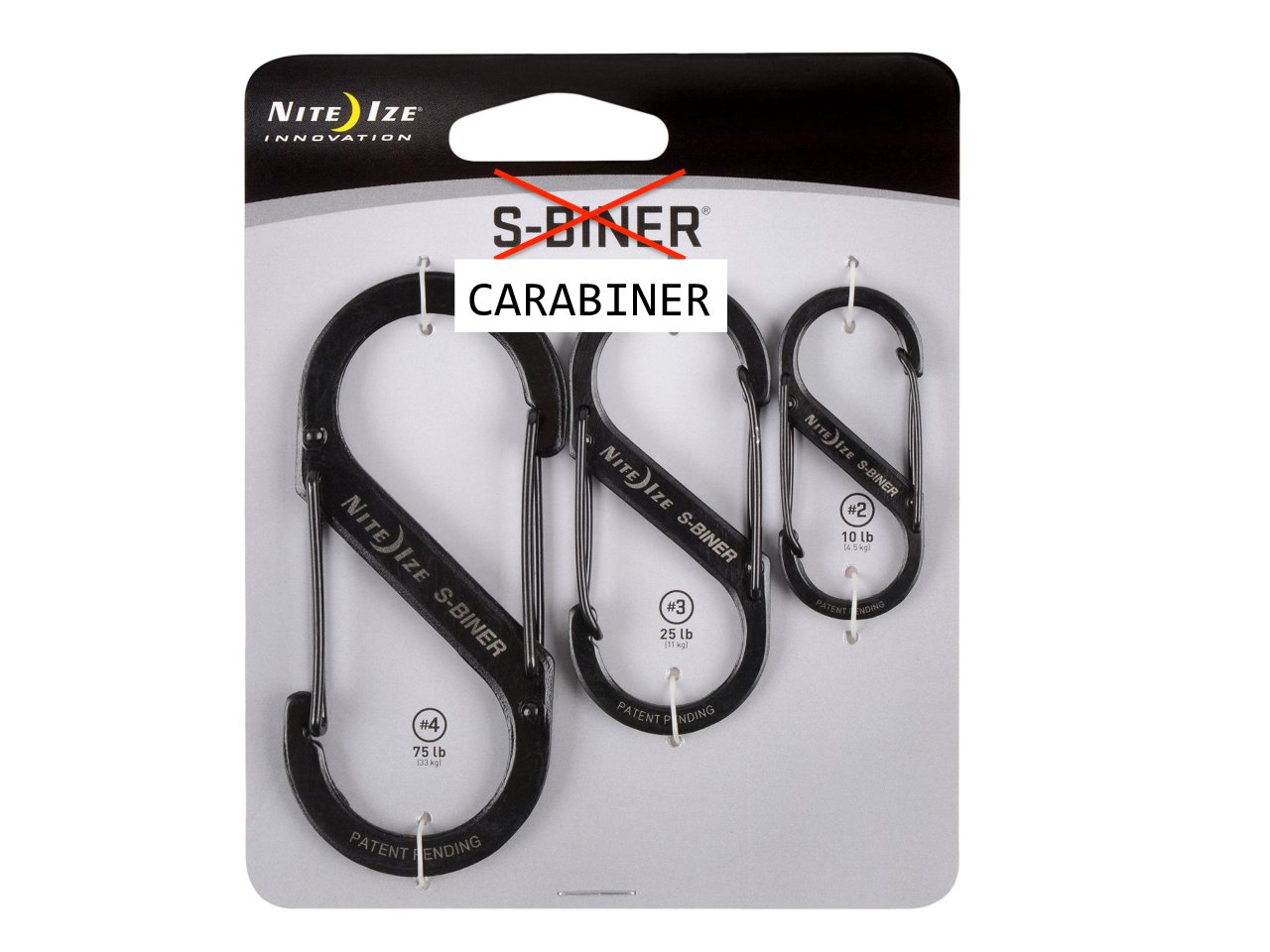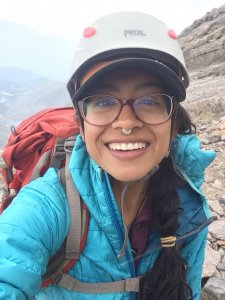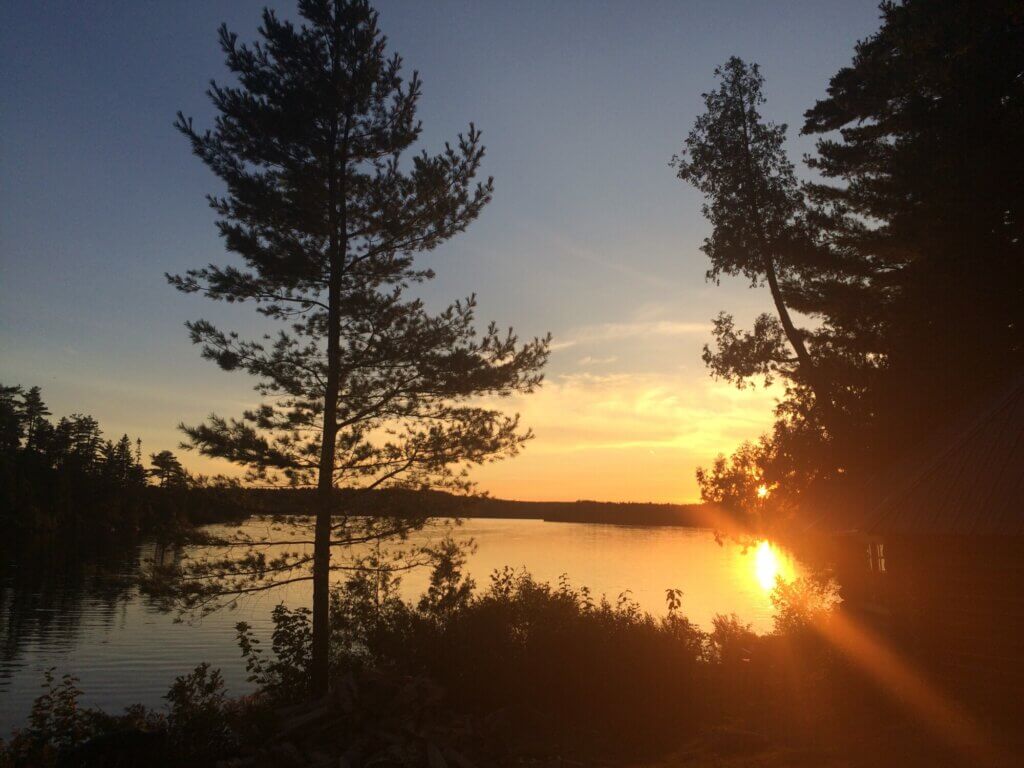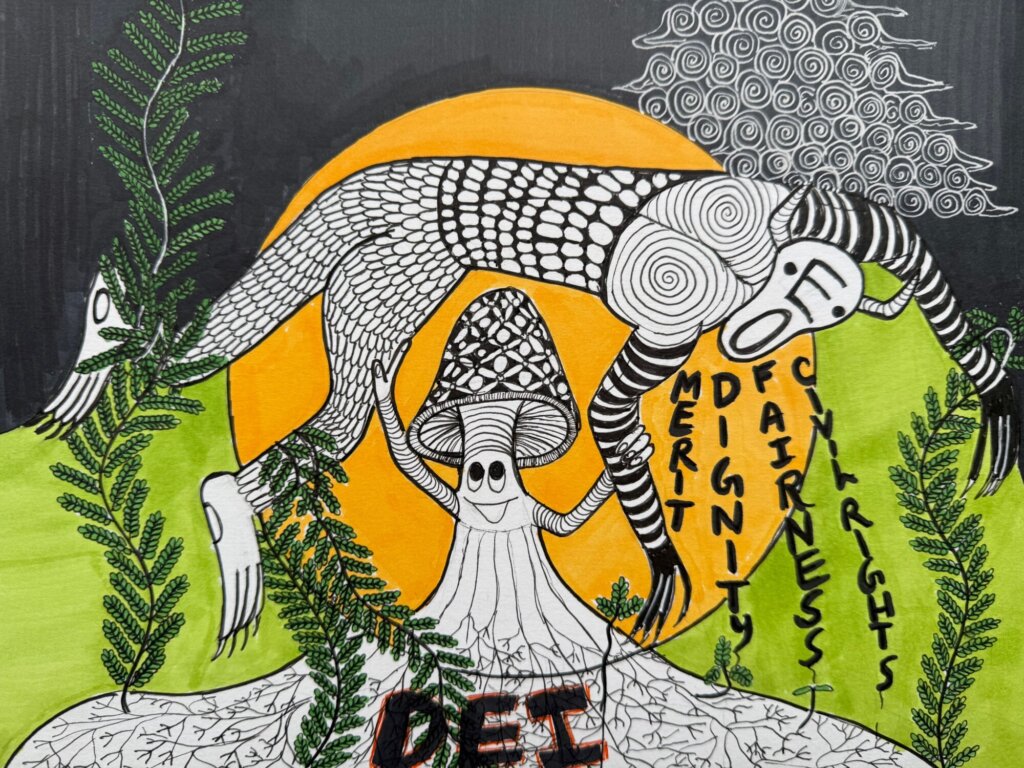Aparna
Published on
09 - 25 - 2017
Aparna
Published on
09 - 25 - 2017

Actually written by Guest Contributor Monserrat Alvarez

The ways we show up for communities and marginalized folks starts with our words. Our words hold power. Our words have impact. We cannot use ignorance as an excuse for continuing to use language that perpetuates exclusion in the Outdoors. Below are words and phrases that are commonly used in the Outdoors that can perpetuate exclusion; we know this list will continue to grow as we continue to explore the impact of our words. Please remember that not every *insert marginalized identity* will be impacted the same by these words or phrases.
“BINER:” Commonly used by climbers, the word “biner” is short for carabiner. “Biner” has a very similar pronunciation to the word “beaner,” which is an extremely derogatory word toward “Mexican” folks (and perceived Brown people). Although our intention and context may not be the same, hearing the word can have an immense impact on folks who were and are targeted for the color of their skin. Stop using the word “biner,” even if your Brown friend does. Alternatives: use the whole word, carabiner.
FIGURE 8 KNOT: How did you learn figure 8 knot? The most common phrases I recall and never questioned were rooted in violence. Two very specific ways of teaching the figure 8 that are rooted in violence, particularly towards communities of color are: “choke the alien, poke it in the eye” or “hang a man, punch them in the eye.” “Hang a man” makes reference to a deep legacy of lynching in the United States. Using the term “alien” and choking them makes reference to violence toward immigrant communities. Think about who gets called an “alien” in the United States, this term is used interchangeably with migrant communities or people we perceive as “other.” Alternatives: “you have snow person, you give them a scarf, you give them a carrot nose”
“LAME:” This word is very commonly used in our everyday language to reference something that sucks or is bad. This word actually refers to people’s physical abilities; it is ableist to use this word. The connotations to the word lame comes from a society that views disabilities as something negative. The Outdoors is already inaccessible to folks with disabilities, let’s not further alienate them. Alternatives: say what you mean. Here is a list of emotions.
REFERENCES TO “TIPI,” “POWWOWS,” “MY TRIBE,” SPIRIT ANIMALS, NATIVE AMERICAN TRAIL NICKNAMES: Our society is quick to appropriate marginalized communities’ cultures while oppressing the people. References to Native communities are common in the Outdoors, whether we are referring to fire and shelter structures to trail names and “spirit animals.” We cannot take pieces of Native culture and make it ours. We need to be mindful that Native peoples and their culture were pushed out of Outdoors spaces to make room for “pioneers” and the “public” lands on which outdoor educators operate. Alternatives: when referring to structures, use polyhedron, pyramid, or simply triangle. When referring to meetups use circle, meeting, check-in, etc. When referring to people’s connection to another creature or trying to find creative ideas for trails names, be creative and question if you are appropriating Native culture. When referring to your group or family, don’t call them your “tribe”.
“BOMB PROOF:” This term is used in the context of making sure camp is secured and everything is put away. References to war can be triggering to survivors of wars, veterans, and others impacted by wars. Again, just because this phrase is commonly used does not mean we need to continue to use. Alternatives: storm proof, weather proof, etc.
“MAN/SACK/COWBOY/BUTCH UP:” This is rooted in the idea that in order to endure difficult situations one needs to become masculine or demonstrate “masculine” attributes. It perpetuates the dynamic that men/masculine of center folks are strong and women/femme of center folks are weak. Additionally, the word “butch” has historically been used to negatively describe a specific group within the Queer community. Although folks are reclaiming that word, if we are not from that community we should not use it. Alternatives: brace ourselves, be brave, rise to the moment.
As outdoor educators, our journey for learning and growth is life long. Let’s continue to engage in conversations and change the norms that exclude and impact marginalized communities. Let’s make inclusion the norm.
Dear Avarna community, We’re only four months into four years of this presidential administration, and the attacks on everything our…
Read full post about Staying the Course: On EOs, Education, ERGs, and SailingAvarna Community, It is with nearly all the emotions you might find in an emotions wheel that I am announcing…
Read full post about Farewell, AvarnaThe current administration’s anti-DEI Executive Orders have sparked varied responses in the nonprofit and private sectors—some organizations are defending DEI…
Read full post about DEI Jujitsu: Flipping the Backlash to Reframe Our Work

